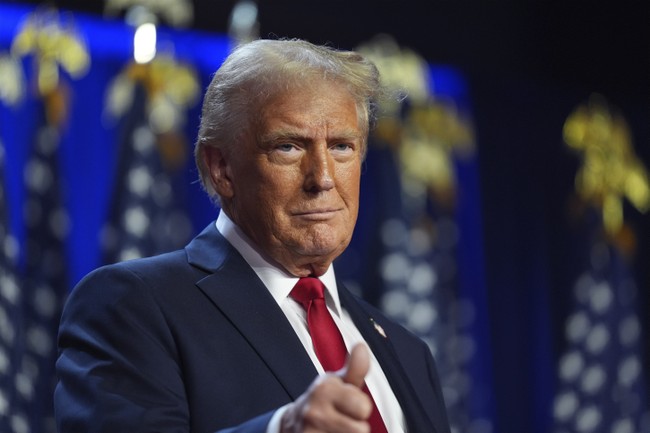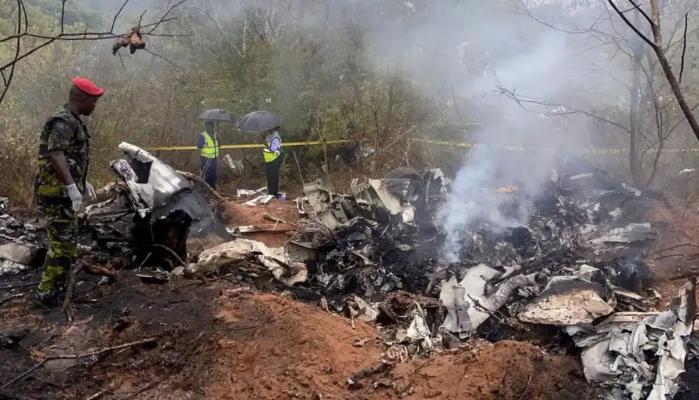
President-elect Donald Trump is reportedly preparing a new proposal aimed at bringing an end to the ongoing war between Russia and Ukraine, signaling a potential shift in U.S. foreign policy. Sources indicate that Trump’s plan involves a significant concession: Ukraine would need to pause its aspirations for NATO membership for at least two decades.
The proposal targets one of Russia’s core grievances that contributed to the conflict, with Trump’s team believing this move could ease tensions and open the door for renewed negotiations between Kyiv and Moscow. By shelving NATO ambitions, they hope to create a pathway for dialogue and potentially a peaceful resolution.
Throughout his presidential campaign, Trump frequently criticized President Biden’s handling of the Ukraine conflict. He argued that Biden’s approach has escalated the situation, pushing the world closer to the brink of a potential World War III. Trump highlighted the extensive U.S. military aid given to Ukraine, suggesting that it has emboldened Kyiv while draining American resources without a clear long-term strategy.
Trump expressed concerns over the billions of dollars in weaponry sent to Ukraine, questioning the lack of oversight and strategic planning. He warned of the potential consequences for U.S. foreign policy, emphasizing the risks of unchecked military aid and its impact on national security.
Trump’s plan is expected to spark debate both at home and abroad. Critics worry that it could undermine Ukraine’s sovereignty and embolden Russian aggression, while supporters see it as a pragmatic step towards ending a costly and drawn-out conflict. The proposal aligns with Trump’s “America First” agenda, emphasizing reduced U.S. involvement in foreign wars and prioritizing domestic interests.
The reaction from Ukraine and NATO allies remains to be seen. As the proposal is reviewed by key stakeholders, it could either become a turning point towards peace or face significant opposition, prolonging the diplomatic deadlock.


